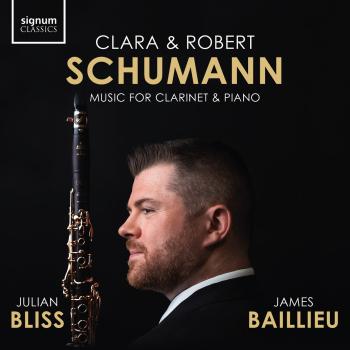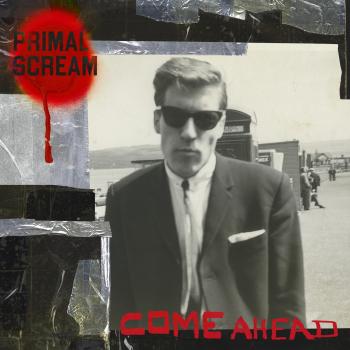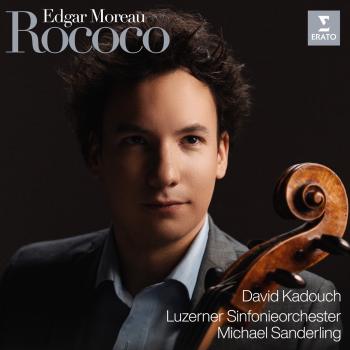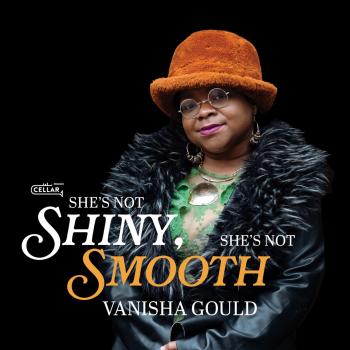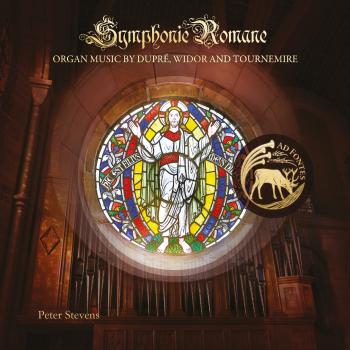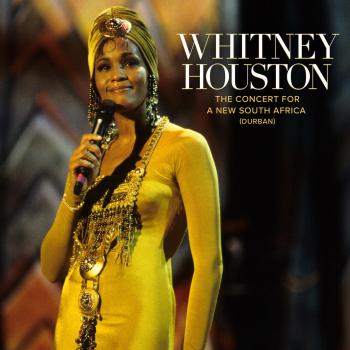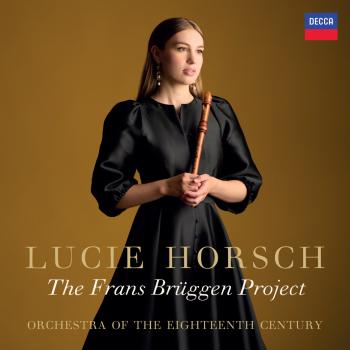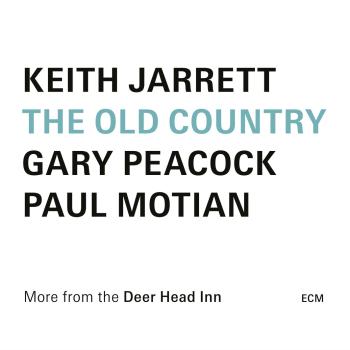
Eivets Rednow (Remastered) Stevie Wonder
Album info
Album-Release:
2004
HRA-Release:
31.05.2024
Album including Album cover
I`m sorry!
Dear HIGHRESAUDIO Visitor,
due to territorial constraints and also different releases dates in each country you currently can`t purchase this album. We are updating our release dates twice a week. So, please feel free to check from time-to-time, if the album is available for your country.
We suggest, that you bookmark the album and use our Short List function.
Thank you for your understanding and patience.
Yours sincerely, HIGHRESAUDIO
- 1 Alfie 03:12
- 2 More Than A Dream 03:47
- 3 A House Is Not A Home 03:30
- 4 How Can You Believe 03:06
- 5 Never My Love/Ask The Lonely 02:28
- 6 Ruby 06:49
- 7 Which Way The Wind 02:45
- 8 Bye Bye World 03:21
- 9 Grazing In The Grass 02:55
Info for Eivets Rednow (Remastered)
Eivets Rednow is an easy listening instrumental album by Stevie Wonder released on the Gordy Records label in 1968. The album was created as a follow-up to the successful easy listening instrumental single "Alfie". "A House Is Not a Home", another song by Burt Bacharach and Hal David, also appears on the album. Eivets Rednow is Stevie Wonder spelled backwards; Wonder's name does not appear on the cover of the original releases. This was Wonder's ninth studio album, released on November 20, 1968.
A late 60s all-instrumental set from Stevie Wonder – and a record that shows a real change from his style in the earlier part of the decade – a much more mature move forward, and one that hints at the power of his arrangements in the 70s! As you might guess from the "Alfie" in the title, Wonder takes on a bit of Burt Bacharach – but also then moves in to other territory too – numbers that feature his harmonica over hip larger arrangements, almost with the feel of a Toots Thielemans album at points – and a bit of a soundtrack vibe at others, particularly some of the more keyboard-oriented cuts.
"By 1968, Motown had Wonder pegged as a soul-pop shouter, so his harmonica instrumental of "Alfie," and the movie theme that had been a Top 15 hit for Dionne Warwick in 1967 was released under another name -- his own spelled backwards -- and on a different record label. This album, issued after that single made number 66 on the pop chart, consists of more harmonica instrumentals, everything from "A House Is Not a Home" to "Grazing in the Grass," and is enough to convince you that Wonder, who, after all, broke through playing harmonica, is a tuneful player of the instrument, more a Larry Adler than a Bob Dylan. Nevertheless, this is a minor item in the Wonder catalog." (William Ruhlmann, AMG)
Stevie Wonder, harmonica, keyboards, drums, percussion
Benny Benjamin, drums
James Jamerson, bass
The Funk Brothers
Produced by Henry Cosby
Digitally remastered
Stevie Wonder
Dubbed “Little Stevie Wonder” by Motown’s Berry Gordy, he was signed to the label when he was only 12 years old and was just 13 when the live recording “Fingertips (Part 2)” hit no. 1 pop and R&B. Playing harmonica, drums and keyboards, as well as singing, the boy who had been blind from infancy proved aptly named. While still a teenager--dropping the “Little” from his stage name--he earned seven top 10 pop singles, including “For Once In My Life,” “My Cherie Amour,” “Yester-Me, Yester-You, Yesterday,” “Uptight (Everything’s Alright)” and “I Was Made To Love Her.”
By age 20, he was self-sufficient in the studio, writing, playing every instrument and serving as his own producer, including for such hits as “Signed, Sealed, Delivered I’m Yours” and “If You Really Love Me.” He broadened his vision from pure pop to the socially conscious. He began exploring exotic musical ideas incorporating gospel, rock, jazz, reggae, and African and Latin American rhythms, and pioneered the use of synthesizers.
Turning 21 in 1971, Stevie holed up in a New York studio and refused to sign with Motown until he was given autonomy to record as he please. Motown agreed and the groundbreaking Music Of My Mind was released followed the next year. Later that year came Talking Book, which boasted the no. 1 pop and R&B hits “Superstition” and “You Are The Sunshine Of My Life.” Innervisions, featuring the Top 10 hit “Higher Ground,” “Don’t You Worry ’Bout A Thing” and the epic “Living For The City,” was a landmark LP that became the his first of three consecutive Grammy® Albums of the Year.
While the record was riding high, Wonder was in a near-fatal accident. He recovered to record another deeply felt album, Fulfillingness’ First Finale, in 1974, that featured the no. 1 pop “You Haven’t Done Nothin’” (with the Jackson 5 on background vocals) and no. 1 R&B “Boogie On Reggae Woman.”
Songs In The Key Of Life was an instant no. 1 album, the first by an American artist to debut at the top spot, where it remained for an incredible 14 weeks. It was highlighted by the no. 1 pop and R&B hits “I Wish” and “Sir Duke.” By the late seventies, Wonder was also leading the way in New Age instrumental music with the soundtrack album Journey Through The Secret Life Of Plants, which featured the ballad hit “Send One Your Love.” He won 15 Grammys in just four years.
Wonder kicked off the eighties with his funk classic “Master Blaster (Jammin’),” a tribute to Bob Marley, and “Happy Birthday,” the theme song for the successful campaign to establish the birthday of civil rights leader Dr. Martin Luther King Jr. as a national holiday. Both were included on the album Hotter Than July. Balancing public causes and private emotion, he scored with the no. 1 R&B “That Girl” in 1982. A champion of racial harmony, he joined Paul McCartney on the no. 1 pop “Ebony And Ivory” later that year.
Wonder contributed songs to the Gene Wilder film The Woman In Red in 1984, when the theme song, “I Just Called To Say I Love You,” hit no. 1 pop, R&B and adult contemporary. It also became Wonder’s first no. 1 in the U.K. With Elton John and Gladys Knight, he also appeared on Dionne Warwick’s 1985 no. 1 pop “That’s What Friends Are For,” which benefited AIDS research. That same year, he won the Oscar® for Best Song for “I Just Called To Say I Love You”; was spotlighted in “We Are The World,” the landmark charity effort for African famine relief; and “Part-Time Lover,” from the album In Square Circle, became the first single to simultaneously top the pop, R&B, adult contemporary and dance/disco charts.
The nineties and the new millennium were marked by collaborations with artists as diverse as Prince and Sting, Babyface and Busta Rhymes, Snoop Dogg and Andrea Bocelli, Sting and Tony Bennett, and projects as varied as the Broadway musical Rent and Spike Lee’s film Jungle Fever.
Wonder was inducted into the Rock and Roll Hall of Fame in 1989. As of mid-2008, Wonder has earned 25 solo Top 10 pop hits, among them seven no. 1’s, and won 22 Grammy Awards--plus a prestigious Lifetime Achievement Grammy in 1996. His 2005 Motown album A Time 2 Love garnered six Grammy nominations and won two, including one for “So Amazing,” Wonder’s duet with Beyonce.
For Rolling Stone magazine’s 2004 article “The Immortals – The Greatest Artists Of All Time,” Elton John wrote about Stevie Wonder: “When he comes into a room, people adore him. And there aren’t many artists like that. People admire you and they like your records, but they don’t want to stand up and hug you. But this man is a good man. He tries to use his music to do good. His message, I think, is about love, and in the world we live in today, that message does shine through.”
This album contains no booklet.



